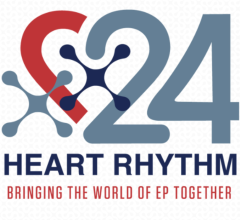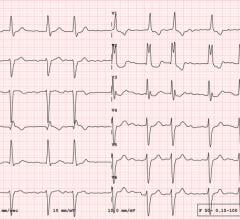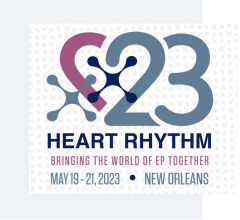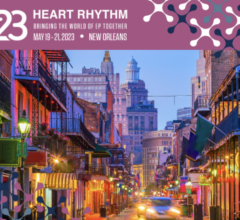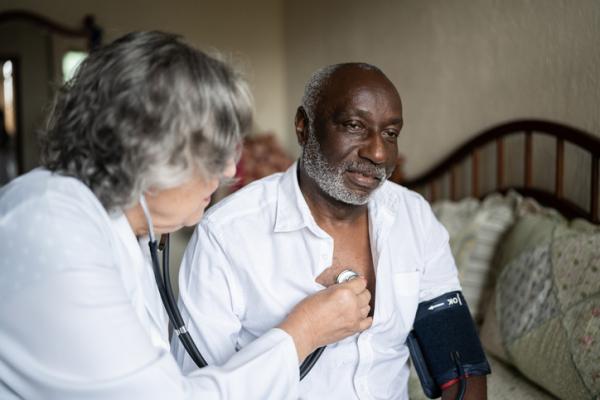
Getty Images
May 17, 2022 — Results of a new study reveal Black patients hospitalized with atrial fibrillation (AF) are under-prescribed blood thinners that can reduce the risk of stroke. Further, the findings indicate Black patients experience higher rates of AF-related outcomes like stroke one-year after discharge compared to white patients. Findings were presented as part of Heart Rhythm 2022 on Saturday, April 30.
Oral anticoagulants (OAC), a family of medications commonly known as blood thinners, work to prevent blood clots and reduce the risk of stroke. AF patients have a fivefold higher risk of stroke (CDC) and are commonly given OAC therapy. The study authors looked to see if OAC rates differ by race and ethnicity in hospitalized patients with AF and how differential prescribing potentially relates to inequities in AF outcomes.
The study revealed Black patients are 25% less likely to be discharged on OACs than white patients. The adjusted odds ratio (aOR), or rate of receiving OACs adjusted for patient demographics, medical history, year of admission, socioeconomic status, and hospital was [aOR] 0.75; 95% CI 0.67- 0.84 for Black patients, compared to white patients. At one-year, Black patients also had higher rates of stroke (aOR 2.07; 95% CI 1.34-3.20), bleeding (aOR 2.08; 95% CI 1.5-2.8), and mortality (aOR 1.22; 95% CI 1.02-1.47) compared to white patients. Hispanic patients also had higher stroke rates (aOR 2.02; 95% CI 1.38-2.95) at one year compared to white patients.
Researchers compared OAC initiation and AF-related outcomes by race and ethnicity using Get With The Guidelines-AFib – a national quality improvement initiative for hospitalized AF patients. The study evaluated a total of 69,553 patients hospitalized with AF across 159 sites between 2014-2020. Overall, 78.5% were discharged on any OAC therapy. Medicare linkage data was used to assess the secondary outcomes including ischemic stroke, bleeding, or all-cause mortality at one-year post-discharge by race and ethnicity.
“Our findings show that racial disparities exist in ongoing, follow-up care for atrial fibrillation, which are in-turn, negatively impacting patient outcomes. Now, we must get to the root of the issue and understand what factors are driving these differences,” said lead author, Utibe R. Essien, MD, MPH, University of Pittsburgh School of Medicine. “Every patient, regardless of race or ethnicity, deserves the chance to have life-saving treatment and we must work together to deliver equitable, compassionate care.”
The authors hope these findings will generate conversations and actionable next steps on how to reduce OAC inequities and improve AF outcomes.
For more information: www.hrsonline.org


 July 30, 2024
July 30, 2024 
